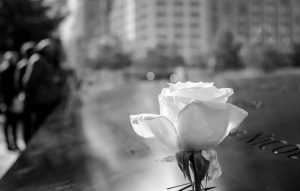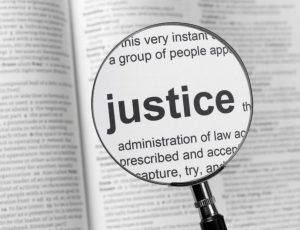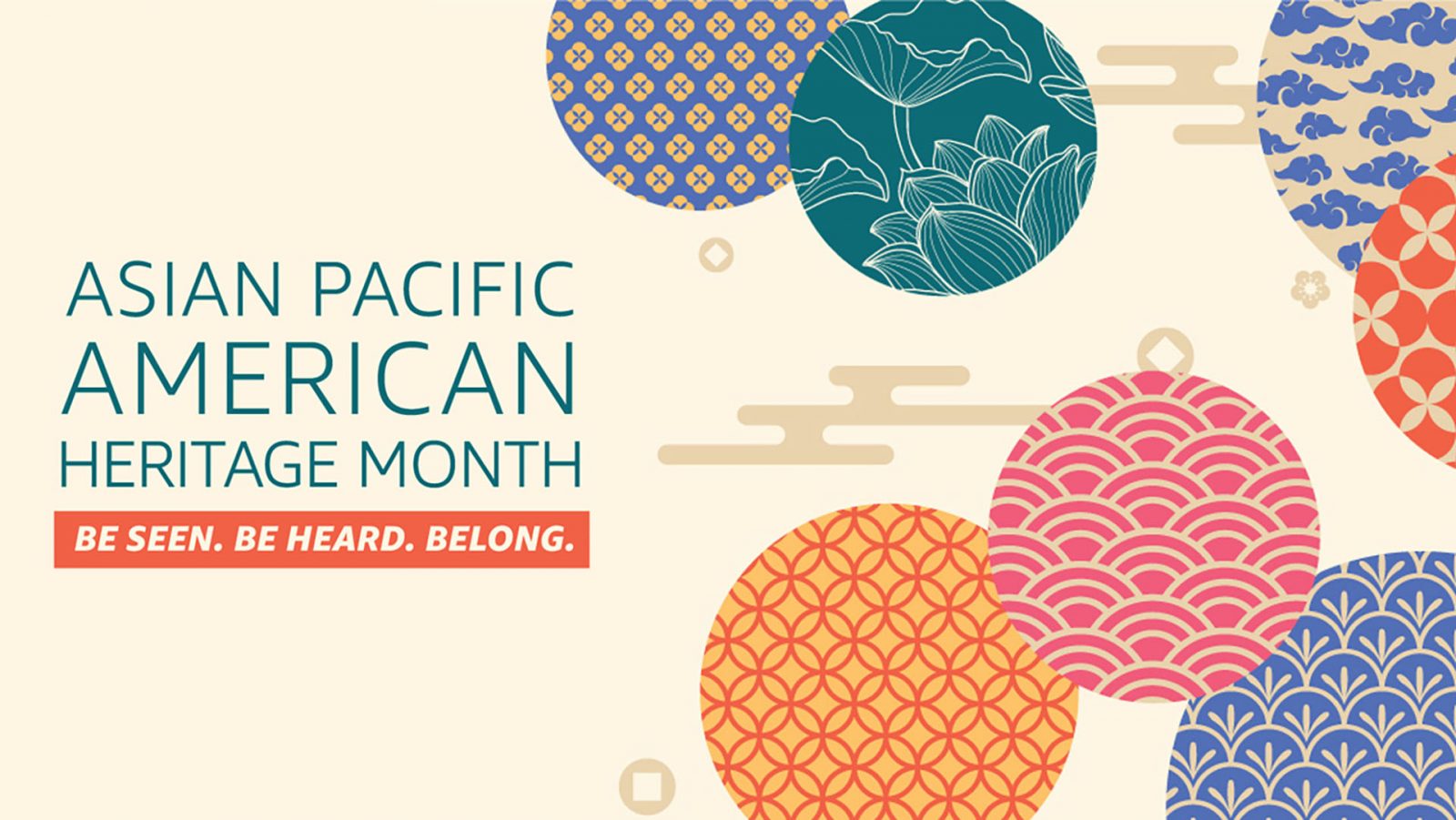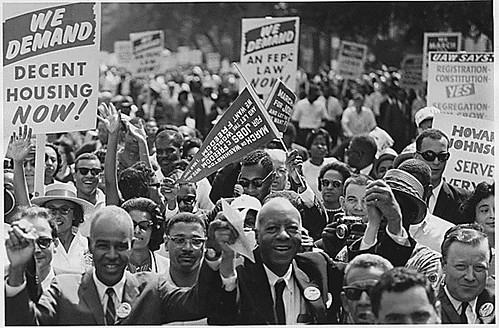Home » classism (Page 2)
Category Archives: classism
Remembering 9/11: Forgetting None
 As we remember the terrible devastation, sorrow and inhumanity those many years ago on 9/11, let’s also remember how people and institutions came together around the world to support one another on that day and since. Let’s remember also how our own Unitarian Universalist organizations, the UU Service Committee and UU Association, together raised funds from members/congregants across the country to support the families and loved ones of 9/11 victims who would not receive support from “traditional” charities.
As we remember the terrible devastation, sorrow and inhumanity those many years ago on 9/11, let’s also remember how people and institutions came together around the world to support one another on that day and since. Let’s remember also how our own Unitarian Universalist organizations, the UU Service Committee and UU Association, together raised funds from members/congregants across the country to support the families and loved ones of 9/11 victims who would not receive support from “traditional” charities.
Undocumented workers’ families were ineligible for support from the government and many charities – even when the victims were the sole support of the family. Because of their status, undocumented workers had toiled in the shadows of the Twin Towers in obscurity, and families had no proof that the worker had held a job. Additionally, the families lacked the class advantage that could open doors to their new country’s legal system.
In 2001, legal marriage was not yet available for lgbtq+ individuals. Without a marriage license, the partners of 9/11 victims and their children were often ineligible for support from most organizations. The UU Service Committee worked with immigrant rights and lgbtq+ groups on the ground in New York City, Washington, D.C. and Pennsylvania to make sure that classism and other forms of bias could not keep families from receiving the help and support they needed.
Additionally, UUSC continued to support those affected by the tragedy. For example, it funded clinics addressing the rise in respiratory illnesses in communities of color that were in the direct path of the massive dust clouds that filled the air following the towers’ collapse. And, of course, individual UU congregations and groups were on the front lines to support 9/11 survivors and families in the immediate aftermath and beyond.
So, as we remember the events of 9/11, let us remember also to continue the fight against classism and bias. And, as UUs, let us continue to press for lgbtq+, BIPOC and immigrant rights – all under attack from organized internal forces. Remember everyone!
It’s Hard Right Now, but Keep Moving Forward
 Denise Moorehead, UU Class Conversations
Denise Moorehead, UU Class Conversations
I sat in a staff meeting on Wednesday morning, May 25, 2022, listening to my colleagues share their reactions to a gunman’s rampage that killed 19 children and two teachers in Uvalde, Texas, the day before. We are administrators for private schools serving students from 2 to 20 years old. The head of our team said his first response was to scream, “NO MORE.” Another — the most buttoned-down one among us — said she was so #!!*ing tired of the carnage followed by nothing from those at the highest levels elected to make change.
When we talked about the steps we’d taken/needed to take to support our students and parents, the remarks by one school director broke my heart. She said with a deep sigh, “We sent an email to parents last night. We updated a message that was first written to families 10 years ago after the Newtown, Conn., massacre.” She added that she had updated that letter countless times for the many mass shootings since Newtown as well as for state-instituted killings like that of George Floyd.
In the past decade, our schools have made a substantial investment in improving security and in preparing students and staff to react quickly in cases of a dangerous intruder. So, why are we stuck in the same place 10 years after Newtown? As one politically-active colleague said of her own social justice efforts, “Why even bother anymore?”
Why? Because we must.
But It’s Hard
I have been involved in social justice work since I was a child. My mom took me to community-building activities while I was still in grade school. These are hard times for people who believe in social justice, equity, and addressing classism and racism.
The expected overturning of Roe v. Wade will most severely impact women and families with less class advantage. According to a May 2022 NPR report on the landmark Turnaway Study, women denied an abortion were four times more likely to be living in poverty years later than those who had one. Their children were less likely to attain higher education were more likely to be involved in crime and had lower adult earnings.
According to a recent study by Columbia University researchers, more than 3.7 million children in the U.S. slipped into poverty when conservative members of Congress refused to extend the expanded Child Tax Credit beyond December 2021. States across the nation have outlawed telling the truth about racism and the racial wealth gap, allowing transgender children to become themselves or even providing water to people waiting in line to vote (in under-resourced primarily black and brown areas). The proliferation of new voter suppression laws is meant to keep people of color and those with less class advantage from participating in American democracy. And this is the tip of the iceberg when we look at the backpedaling of policies that have advanced social justice, equity and equality.
The effects of these policy reversals have not and will not directly touch the lives of people in the sphere of our elected officials. Over half of the members of Congress are well-educated millionaires from safe neighborhoods with “good schools.” According to FundHero December 2020 research, even in local elections the average cost for each vote received is $1.00. I don’t know about you, but I don’t have $5,000 to be elected to the local Library Board.
It’s no surprise then, that most federal and local policies support those with more class advantage. This is true of gun laws also. According to Mark S. Kaplan, professor of Social Welfare at UCLA, there is a strong relationship between poverty, inequality and firearm violence*.
It’s Up to Us
It is hard to keep up the fight for justice right now, whether it is for social class, race, gender, LQBTQ+, disability rights and/or other forms of equity. But oppression can only fester and grow when people give up hope for a future that holds promise for each person. We can pause for a few moments to feel sad, overwhelmed and discouraged. We are human. But then we have to take a breath, regroup and keep pushing forward.
Here are just some of the lesser-known social justice pioneers I appreciate:
- Frances Perkins, the first woman to serve as a member of a U.S. president’s Cabinet and a champion of those with less class advantage.
- South African students who mobilized and led the 2015-17 #RhodesMustFall and #FeesMustFall movements that fundamentally changed the landscape of higher education in South Africa.
- U.S. racial justice heroes like John Lewis, A. Philip Randolph, Bayard Rustin, Ella Baker, Callie House and Fred Korematsu, Lupe Anguiano and Chrystos (Menominee)
- Frank Bowe who worked to help people with disabilities
- Modern-day and historical women’s rights activists like Panusaya Sithijirawattanakul and Emmeline Pankhurst
- Environmentalists like Nnimmo Bassey
Who are the modern-day and historical (s)heroes who inspire you to stay the course when you feel like giving up? Share yours in the comments below.
*The gun lobby is bankrolled by people and companies with deep pockets. Some contributors to the still powerful National Rifle Association have been Remington Outdoor Company (formerly Freedom Group), Smith & Wesson, Beretta USA, Springfield Armory, and Sturm, Ruger & Co. as well as accessories vendors MidwayUSA and Brownells (Violence Poverty Center). Individual contributors include more than a dozen wealthy Russians. The NRA, in turn, lines the campaign coffers of politicians willing to do its bidding.
Stop the Hate Against AAPI Communities
 Systemic racism and acts of terror towards Asian Americans and Pacific Islanders have dominated media headlines in the past few months. Sadly, while hate incidents against the AAPI community have escalated in the past year, surpassing 6,000 reported incidents between 2020 and 2021, this not a recent occurrence in America.
Systemic racism and acts of terror towards Asian Americans and Pacific Islanders have dominated media headlines in the past few months. Sadly, while hate incidents against the AAPI community have escalated in the past year, surpassing 6,000 reported incidents between 2020 and 2021, this not a recent occurrence in America.
Anti-Asian sentiments, oppression and violence date back centuries.
The United States imported Chinese workers in the 19th Century to build the railroad system. Once it was built, the workers, who had been cheap sources of labor for employers, were seen as competition by many White working class Americans. The anti-Asian sentiments led to Chinese men and their families being driven from towns, lynched and subjected to newly passed anti-immigration laws.
We have witnessed anti-Asian sentiments becoming increasingly hostile during the pandemic, escalating from verbal to physical attacks to most recently, mass murder.
The belief that Asians carry disease and that they should return to Asia no matter how many generations their family has been in America is often shared on social media. Many Americans also confuse the concepts of country and continent and label Asians as a single demographic, all from the same place. This diminishes the rich and varied cultural beliefs, values, religions and spiritual traditions of the Asian diaspora.
Rich Culture(s)
There are many ethnic identities, cultures and languages within this diverse group of people. In the United States alone, this racial category, according to the Census, refers to more than 40 different ethnic groups. Moreover, in the past 40 years, there has been a widening of income inequality among Asian populations, which has led to social and economic consequences for some. Education and income levels vary widely among Asians. Although they rank as the highest earning racial and ethnic group in the United States, the wide and rapid economic divide belies the growing class differences within this group.*
One lingering remnant from the immigration laws restricting Asian migration within the United states is that a large percentage of Asians and Asian Americans still live in states where there were major points of entry for earlier Asian immigrants, such as New York, California and Hawaii.
While Asian migration throughout the United States has been more prevalent since the mid-1960s, when these laws were overturned, there are still places in the United States where Asians are viewed as exotic and foreign, and not “real” Americans. It is not incidental that people of Japanese descent in America, not German, were imprisoned in internment camps during World War II.
Next Steps for UUs?
What does this mean for us as UUs? We at UU Class Conversations believe that remaining true to our Principles will help break down divisions along class and racial lines. Creating an inclusive community for all racial and ethnic groups begins with meaningful and productive dialogue aimed at combatting racial and class injustice.
What do you see then as next steps for this work?
* Pew Research Center, July 12, 2018, “Income Inequality in the U.S. Is Rising Most Rapidly Among Asians.”
Unity Based on Justice
 In July of 2020, UU Class Conversations published the blog post The Time to Unite as One America is Now about police brutality and the systemic oppression of Black and other people of color throughout the United States. It focused on how the deaths of black and brown men and women by police officers sparked international protests. The protesters were labelled terrorists, thugs and unpatriotic by some conservative media outlets and politicians.
In July of 2020, UU Class Conversations published the blog post The Time to Unite as One America is Now about police brutality and the systemic oppression of Black and other people of color throughout the United States. It focused on how the deaths of black and brown men and women by police officers sparked international protests. The protesters were labelled terrorists, thugs and unpatriotic by some conservative media outlets and politicians.
Just a few weeks earlier, some of the same media outlets and politicians had proffered a very different response when heavily armed, mostly White, protesters stormed the Michigan capitol building, threatening to kidnap and possibly kill the governor. Why? The rioters were upset about stay-at-home orders during a pandemic.
These protesters were called patriots. Police stood down, the National Guard was not called in to quell the unrest, and there were no arrests, no tear gas deployed, and no curfews imposed and enforced. Both times Americans were exercising their First Amendment rights. Yet, there were very different outcomes and consequences for those protesting.
Down a Dangerous Road
Well, fast-forward less than six months later and due to a steady stream of falsehoods and conspiracy theories from politicians, including the lame duck U.S. president about the legitimacy of the presidential election, a mob of armed white supremacists were incited to attempt an insurrection of another American Capital building. The intent was the same: Harm the legislature, including the vice president, speaker of the House and members of the House and the Senate. This time, the riot was deadly and dozens of police officers were injured and six people have died: All this in America.
Using Racial Tropes to Obscure Class
Why? Well, the idea that real Americans can only look a certain way and cannot be immigrants or people of color or a different religion. Many Americans overwhelmingly ignore the fact that class inequalities are not just part of the black or brown experience but a struggle for all Americans who are low-income or working class. This is increasingly true also for middle class people. This ingrained belief keeps many lacking class privilege from joining others of a different race or religion and undercuts any potential unity across racial lines.
There is little self-reflection for most Americans on how their class differences shape their backgrounds and unique attitudes and behaviors. Few consider how these class differences actually can bridge racial and religious divides, if explored. The class designation is overshadowed by the ever-present racial divide. So much so that economic initiatives often proposed by progressive or moderate politicians are viewed as handouts or bailouts by certain Americans. Stimulus checks, for example, are considered nonessential because they would go to the undeserving.
The idea that those with less class advantage are lazy is often intentionally conflated as coded messages about immigrants and people of color and creates an us versus them paradigm. Imagine, if people living in poverty and those in the working and middle class actually recognized that their commonalities outweigh their differences?
Our Truth
Some White poor and working class people continue to believe that they have more in common with others of their race who have substantial class privilege than they do with black and brown people of limited privilege. They have bought the idea that the We (Whites of all classes) have to stick together to protect our country, our flag, our families and our country’s traditions as Whites – despite economic differences. It’s imperative, or the them will take over, and as the neo-Nazi chant in Charlottesville suggested, they will erase us.
The idea that the votes of people of color are less legitimate than those of Whites is a shameful part of American history that is still alive and why insurrectionists carried Confederate flags through the Capital buildings during both riots.
With the current (and much-needed) focus on racial differences, Americans overwhelmingly are unable to recognize class and classism. Moreover, American economic and political systems that widen the income gap are rarely challenged in substantive ways. The status quo is the gold standard, and U.S. policies and practices routinely benefit the wealthy and affluent at the expense of other Americans.
Until we as a nation wake up and realize that the status quo is not working for most Americans, we are destined to routinely make the same choices that continue to divide us. And, if the latest insurrections teach us anything, there is a growing angry and violent group of Americans who, if not addressed, are intent on ripping the country apart.
But there is much cause for hope in the coming months. The end of the coronavirus – while still distant – is finally in sight. The fervor of the racial justice movement is still high. New federal leadership has said it is committed to addressing class inequities and white supremacy. So, in our UU congregations and organizations let’s heighten the meaningful dialogue – and act upon – racial and class justice.

